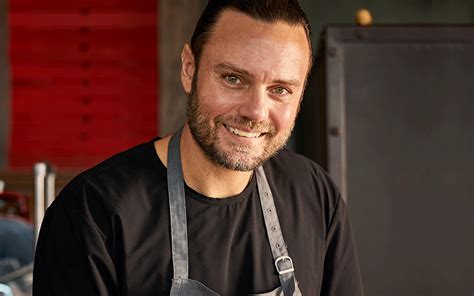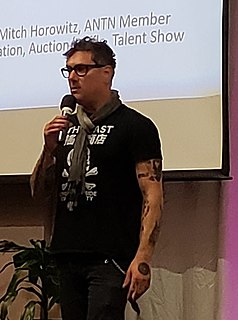A Quote by Dinaw Mengestu
When I began 'All Our Names,' I did so wanting to create parallel narratives between Africa in the nineteen-seventies and America during that same period.
Related Quotes
America in the 1800s isn't quite the historical mystery hotbed as the same period in the country it bested in the War of Independence, but its unique spectacle of rapid social change and the lingering influence of its literary voices act in a parallel manner upon crime fiction chroniclers devoted to this side of the Atlantic.







































